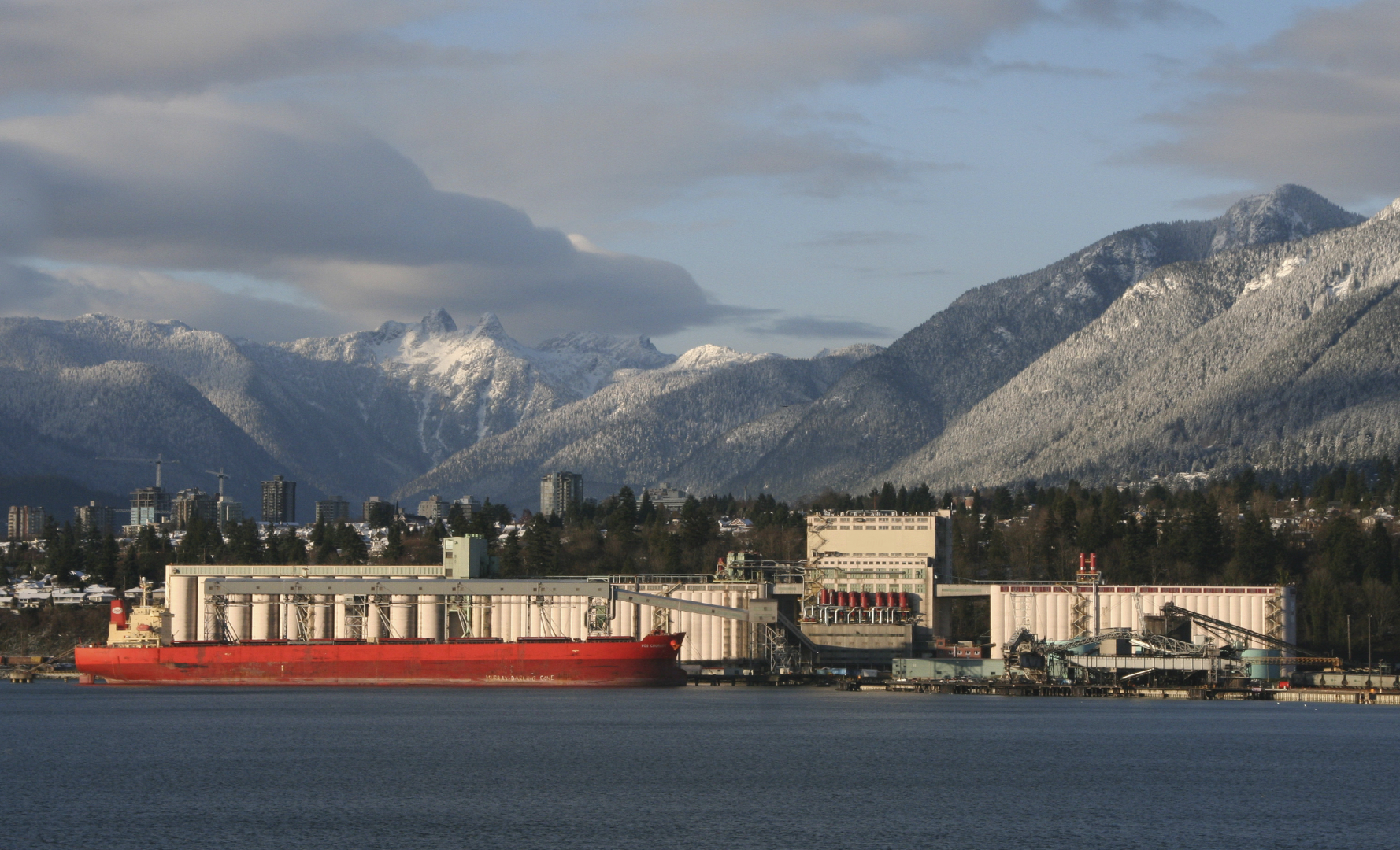Record grain movement in Canada was projected for the 2013-14 crop year. Grain is a staple of the Canadian freight shipping and transportation diet. Annually, $11 to $13 billion dollars of grain is exported to over 70 countries. British Columbia’s ports handled over 74% of the grain directed to export position in 2012. Port Metro Vancouver (PMV) remains the principal export point for western Canadian grain. The rising volume of grain traffic moving through Prince Rupert Grain’s terminal provides a complementary marine gateway.
Record grains volumes are occurring against a backdrop of some significant industry developments. Most notably was the introduction of the Fair Rail for Grain Farmers Act on March 26, 2014, by the Canadian government. The current crises in the grain logistics and transportation have attracted significant public attention including the Grain Summit 2014. Darryl Anderson, Managing Director of Wave Point Consulting in this November 2013 BC Shipping News explores the commercial, logistics, and port related factors influencing one of Canada’s most important export commodities. This article provides some important context for those interested in knowing whether there is sufficient capacity to handle the movement of grain to an export position on Canada’s Pacific coast, and, in turn, the knock-on impacts in marine transportation that could await ship owners or cargo interests.
PMV may experience a lack of grain terminal capacity during the peak shipping periods; it may well be a combination of fluctuating ocean freight rates, rail capacity, availability and pricing, PMV land-use priorities and the financial return on any new port-related elevator investments that will determine the extent of any loss of grain traffic. Under such a scenario any slippage in grain traffic throughput could come from Prince Rupert, eastern Canada, the US Gulf Coast, or Pacific Northwest.
While record grain volume will be on the move in 2014 industry participants may need to find new ways of collaborating to ensure that Canada’s grain crop is not delayed at PMV. The closer we come to elevator capacity limits on B.C.’s south coast the more important this issue becomes. It is also more likely that global supply chain competitiveness and grain capacity issue will be part of the debate about the future success of the Pacific Gateway, the Canadian Transportation Act review now that we are in the post-Canadian Wheat Board era.
Download the full article on how record grain volume will be on the move and the Western Canadian port and inland logistics and transportation challenges.

